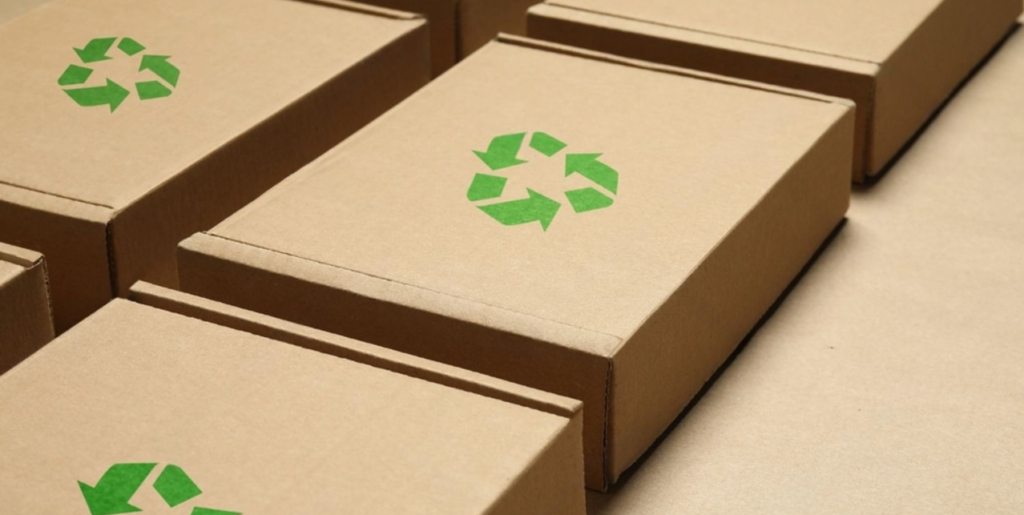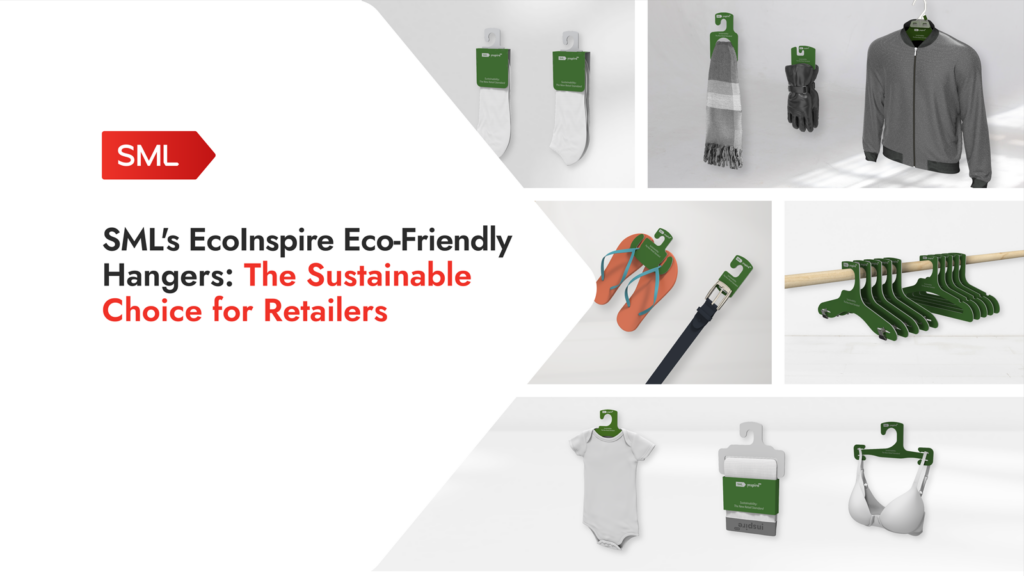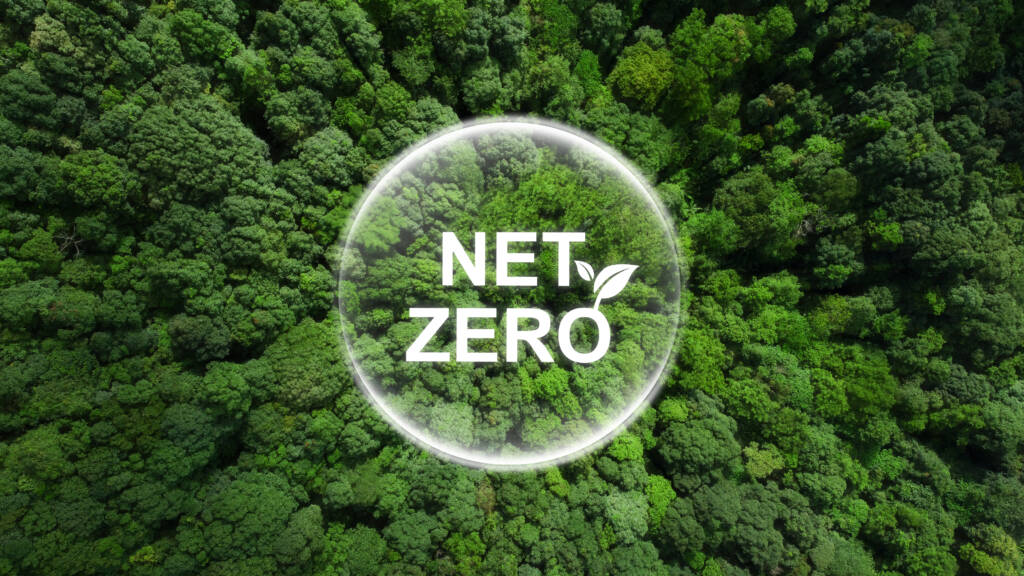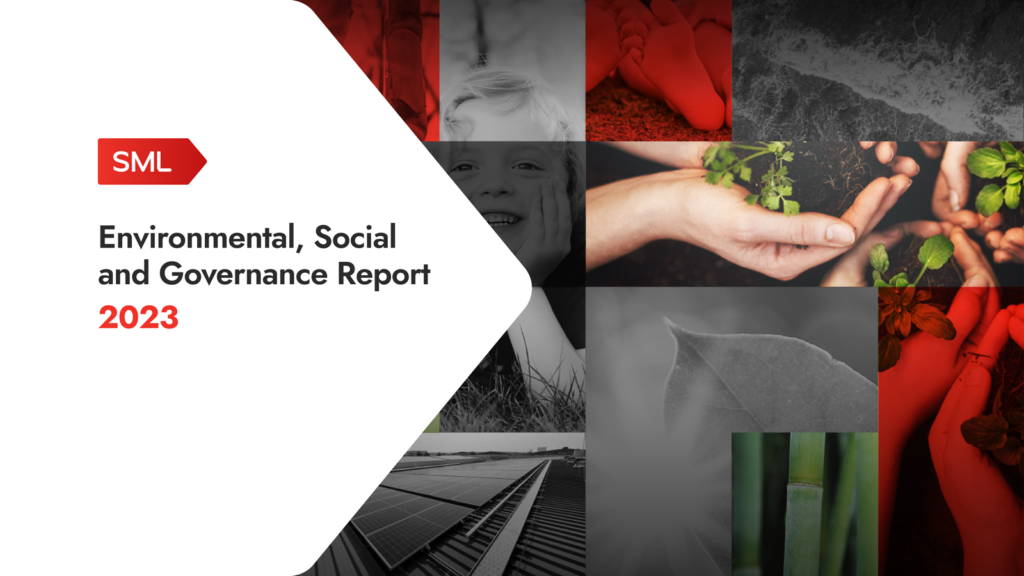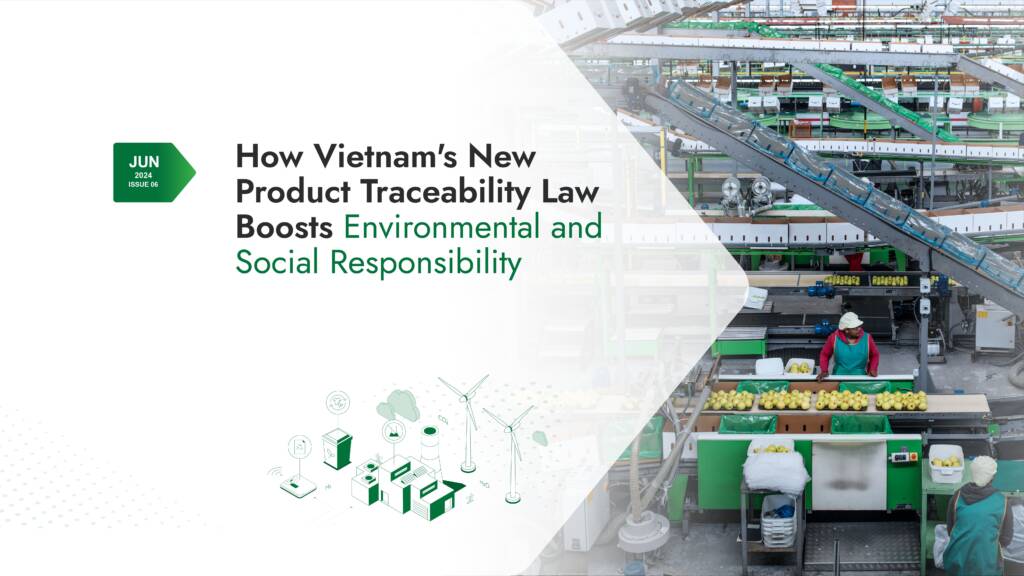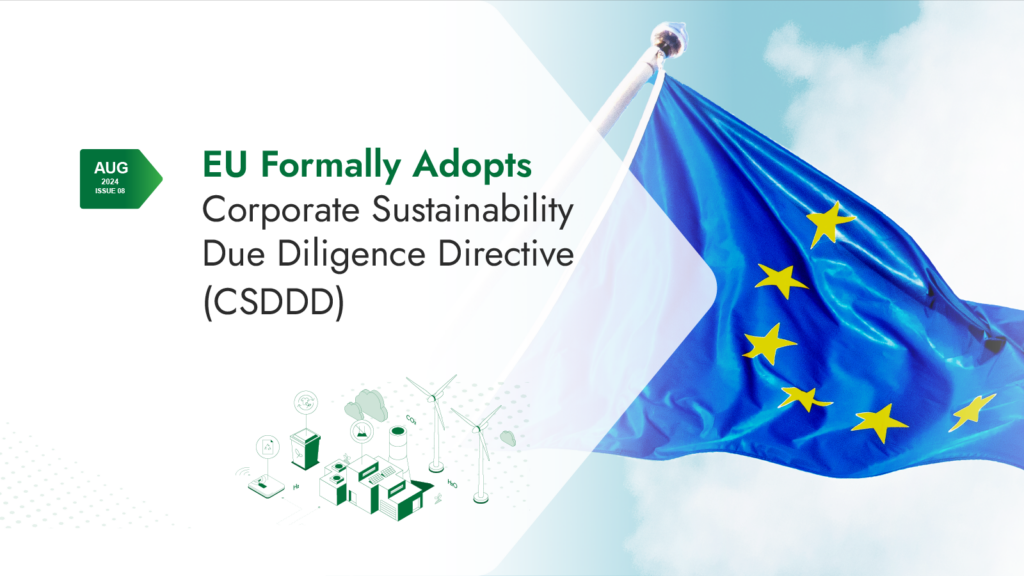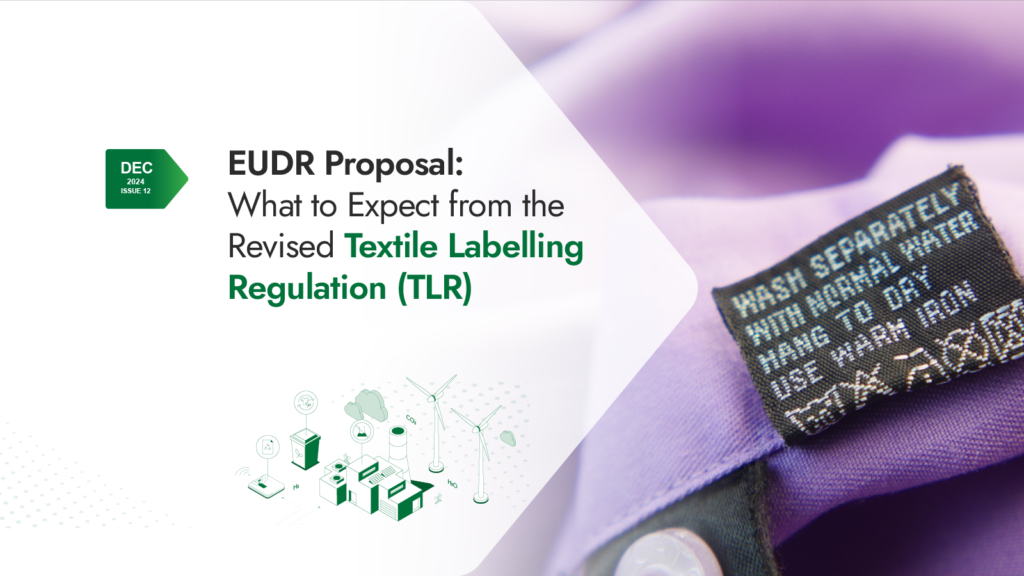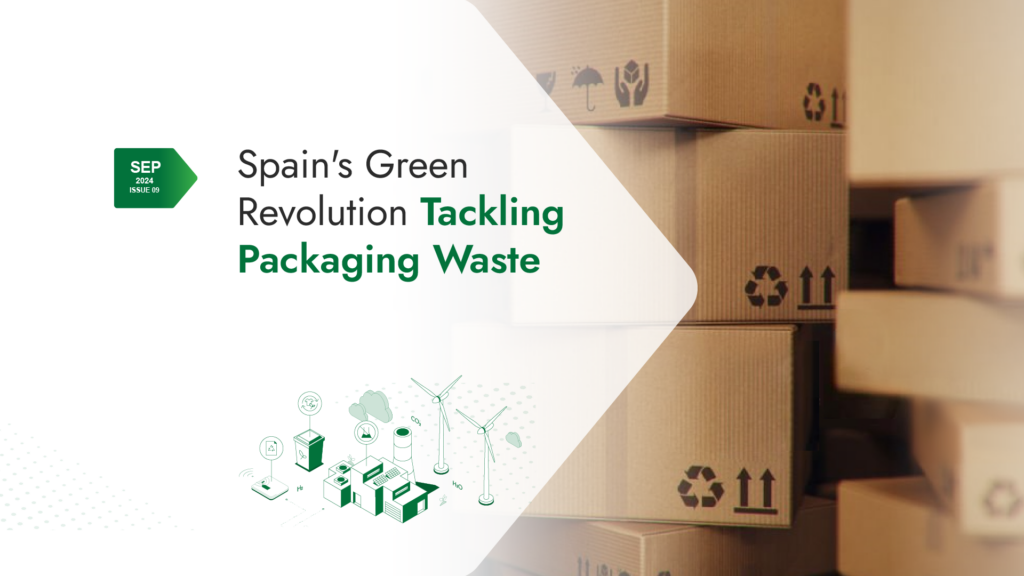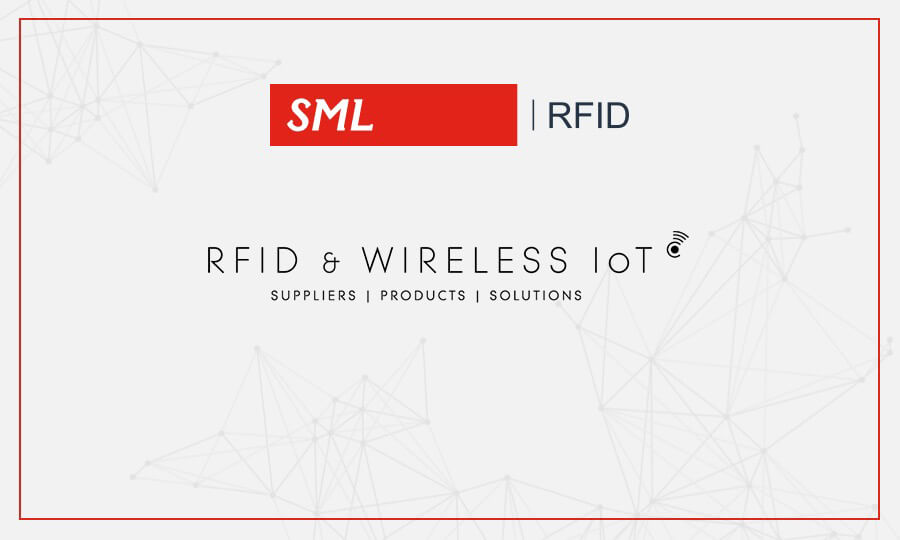Sustainability Insights #11

The Regulation on Deforestation-free Products (the “EUDR” or “Regulation”) entered into force on 29 June 2023. According to the Regulation, the date of application to large companies and small and medium-sized enterprises (SMEs) is 30 December 2024 and 30 June 2025, respectively.
Nevertheless, two months before the date of the EUDR application, the European Commission proposed to give concerned parties additional time to prepare. With all the implementation tools technically ready and the Commission’s confidence in their effectiveness, the extra 12 months can be a phasing-in period to ensure proper and effective implementation. If the European Parliament approves, the law could apply to large companies on 30 December 2025 and SMEs on 30 June 2026.
Along with announcing the postponement of the application, the Commission also published a series of materials that included the guidance document and international cooperation framework. It also updated the official FAQ section regarding EUDR, such as legality requirements and clarifications on the product scope, to tackle the technicalities of EUDR compliance and implementation.
The requirements of the EUDR pose several challenges for operators or traders. Regulations that operators should exercise due diligence on include:
- Collection of information, data, and documents needed to fulfill the requirements set out in Article 9 of EUDR;
- Performing risk assessment based on the collected information and data above if the product originates in a “standard” or “high risk” country that classified from the EUDR country benchmarking system; and
- Adopting risk mitigation procedures and measures according to the outcome of risk assessment.
Given the additional guidance documents available, this postponement will be a strategic move to streamline a smooth transition and minimize stakeholder disruptions. Since one of the EUDR focuses is on enhancing supplier traceability and transparency, businesses may have extra time to cooperate with their supplier chain to ensure they comply with the EUDR.
Source: The Council of the EU and the European Council
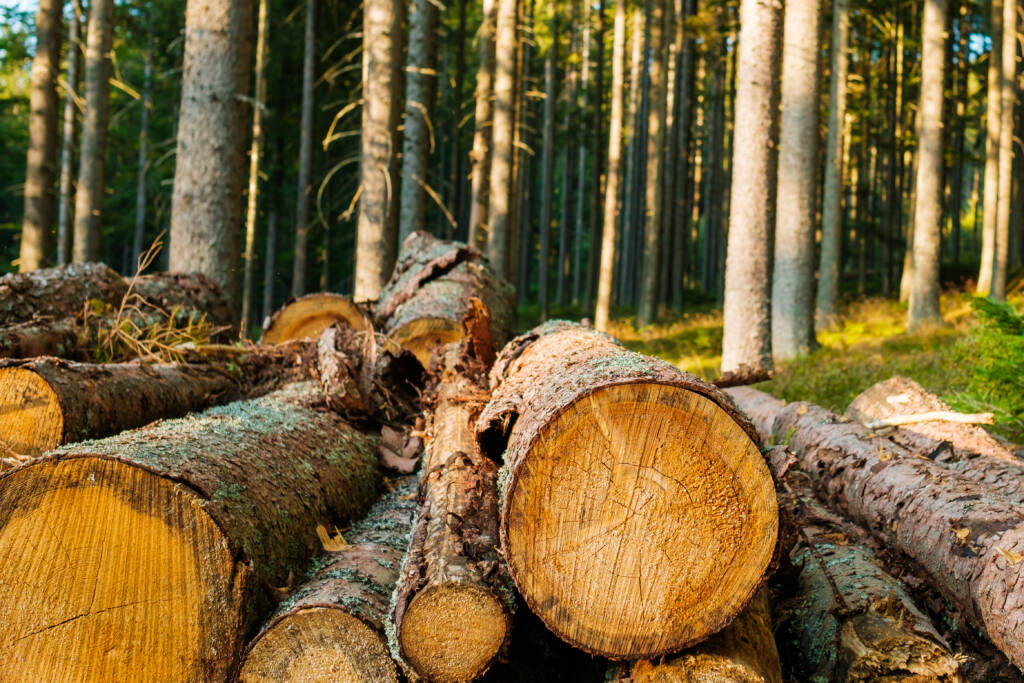
Key takeaways:
The EUDR mandates operators or traders to establish a due diligence system to prove negligible deforestation risk. They must collect detailed information on products and suppliers. If the European Parliament approves the proposal, the application date of EUDR could be pushed to 30 December 2025 for large companies and 30 June 2026 for SMEs.

The new laws under the EUDR serve to prevent products bought, used and consumed in the European market from contributing to deforestation and forest degradation. This includes agricultural expansion for commodity production, both within the EU and globally. By reducing the EU’s contribution to carbon emissions and preventing further biodiversity loss, the EUDR will have a significant global impact once fully implemented.
Under the Regulation, any operator or trader who places these commodities on the EU market or exports from it must be able to prove that the products do not originate from the land that has been deforested or contributed to forest degradation after 31 December 2020. The commodities also need to be produced in accordance with the relevant legislation of the country of procedure and covered by a Due Diligence Statement (DDS).
Source: European Commission
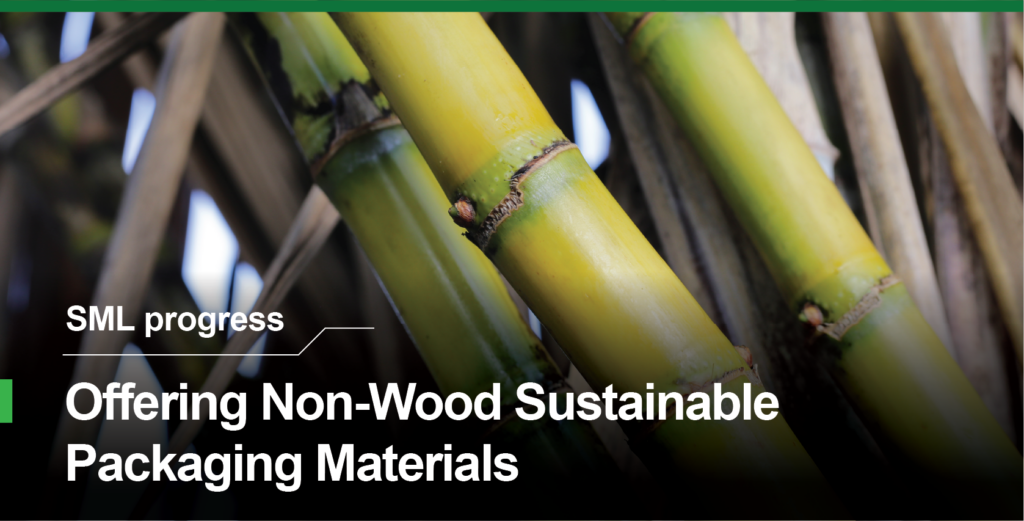
The EUDR covers products like palm oil, cattle, soy, coffee, cocoa, timber and rubber, as well as wood-based paper products which contribute to deforestation.
SML introduces bamboo and sugarcane-based materials for molded pulp boxes, offering strength and durability. Bamboo, a non-wood forest product, and sugarcane, with high biomass yield, reduce reliance on plastics and support renewable, biodegradable solutions.
By using these materials, SML supports responsible consumption and meets the growing demand for sustainable products, aligning with global environmental goals and circular economy regulations. Explore our EcoInspire™ Labels and Packaging products now.
